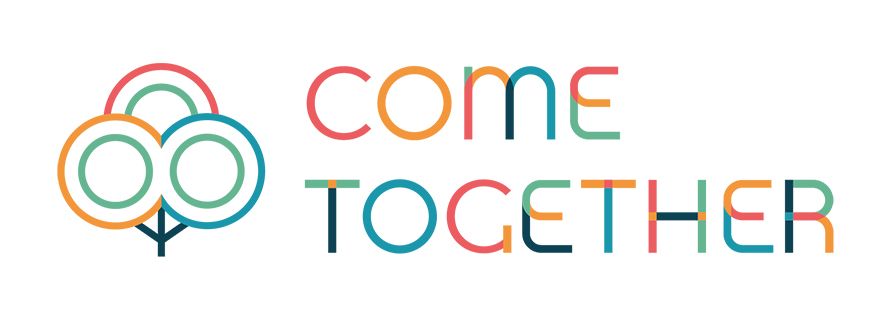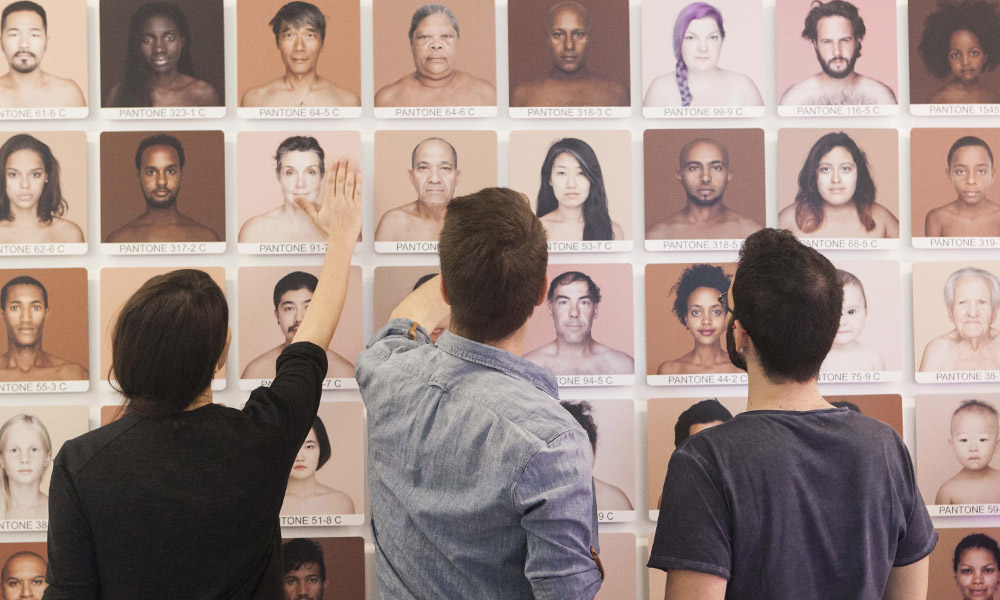On October 15 and 22, the Come Together European project team organized a first online training session: two days dedicated to give to professionals the keys and tools to design science communication activities on climate issues, specifically targeting socially excluded adults.
A Diversity of Profiles and Perspectives
Twenty-five
participants from the five partners’ countries (France, Germany, Austria,
Slovenia, and Italy) joined the training. They represented three main
professional backgrounds: science communicators, researchers, and social
workers. This diversity was a key strength of the training, fostering rich exchanges
and constructive discussions through the confrontation of different
perspectives.
The challenge was significant: delivering an online training in English (a non-native language for most participants), to a group of people who had never met and came from varying professional contexts.
 |
| Some take-away messages that participants would share about the training |
A Well-Balanced Structure to Encourage Exchange and
Learning
To meet this
challenge, the Come Together team designed a balanced format combining
theory, practice, and self-reflection:
- Informal sessions to encourage participants to
connect and build relationships.
- Small group activities to ensure everyone had the opportunity to speak, share experiences, and discuss projects.
- Plenary sessions to deliver theoretical input
and set the stage for deeper discussions.
- Individual moments for participants to reflect and process their learning, accompanied by a collaborative playlist created specifically for these self-reflection times (available ici).
Topics Covered
Over the two
days, the training addressed central themes at the intersection of climate
issues and social inclusion:
- Inclusion: role-playing exercises and
expert interventions helped participants better understand the specific
needs of socially excluded audiences.
- Climate issues: how to encourage audience to
take in action ? How to manage emotions related to climate
change ?
- Bridging the two: each session was designed to
show how to incorporate climate issues into inclusive approaches.
To visualize
the training process, check out our 2-days program below.
 | ||
|
Why Was This First Training a Success?
The feedback
from participants speaks volumes:
- Practical tools were explored, and some
participants have already begun using them in their own projects.
- Participants gained confidence
and legitimacy to design and facilitate communication activities on
environmental issues for socially excluded audiences.
- Training materials (documents,
slides, collaborative murals) were rated as highly useful for learning.
- 100% of participants agreed that this training increased their motivation to lead inclusive educational actions on climate and environmental topics.
A Co-Created Training with Hub members
This
training was developed through the collaborative efforts of the Come
Together hubs across the five partner countries, who shared their needs and
expertise over the past six months. A heartfelt thank you to them for their
contributions!
What’s Next?
The feedback
gathered during this first edition will help enrich the next step of the
project: the organization of a national training session in each country.
Stay tuned for this opportunity to further advance inclusive science
communication on climate issues!



